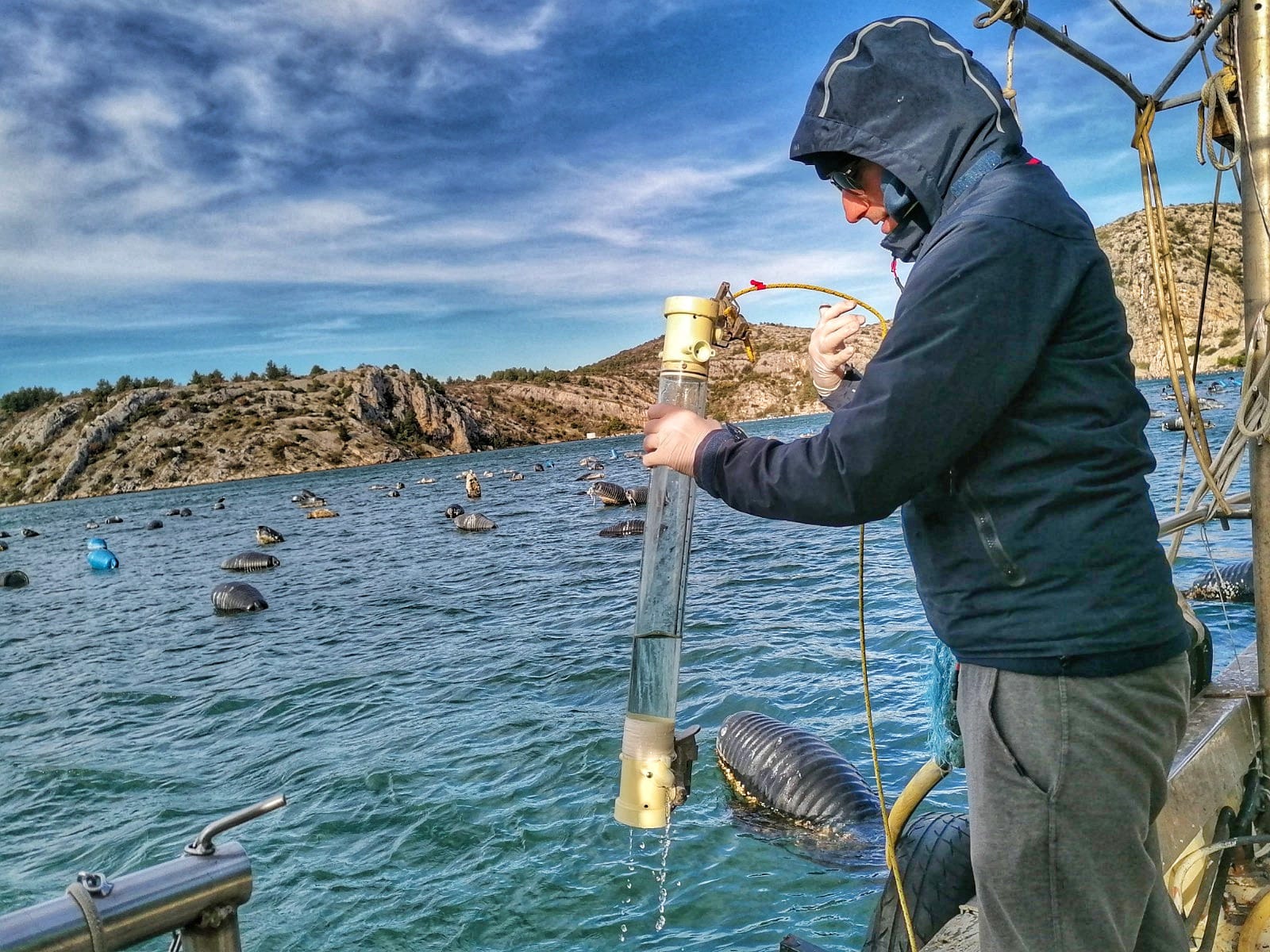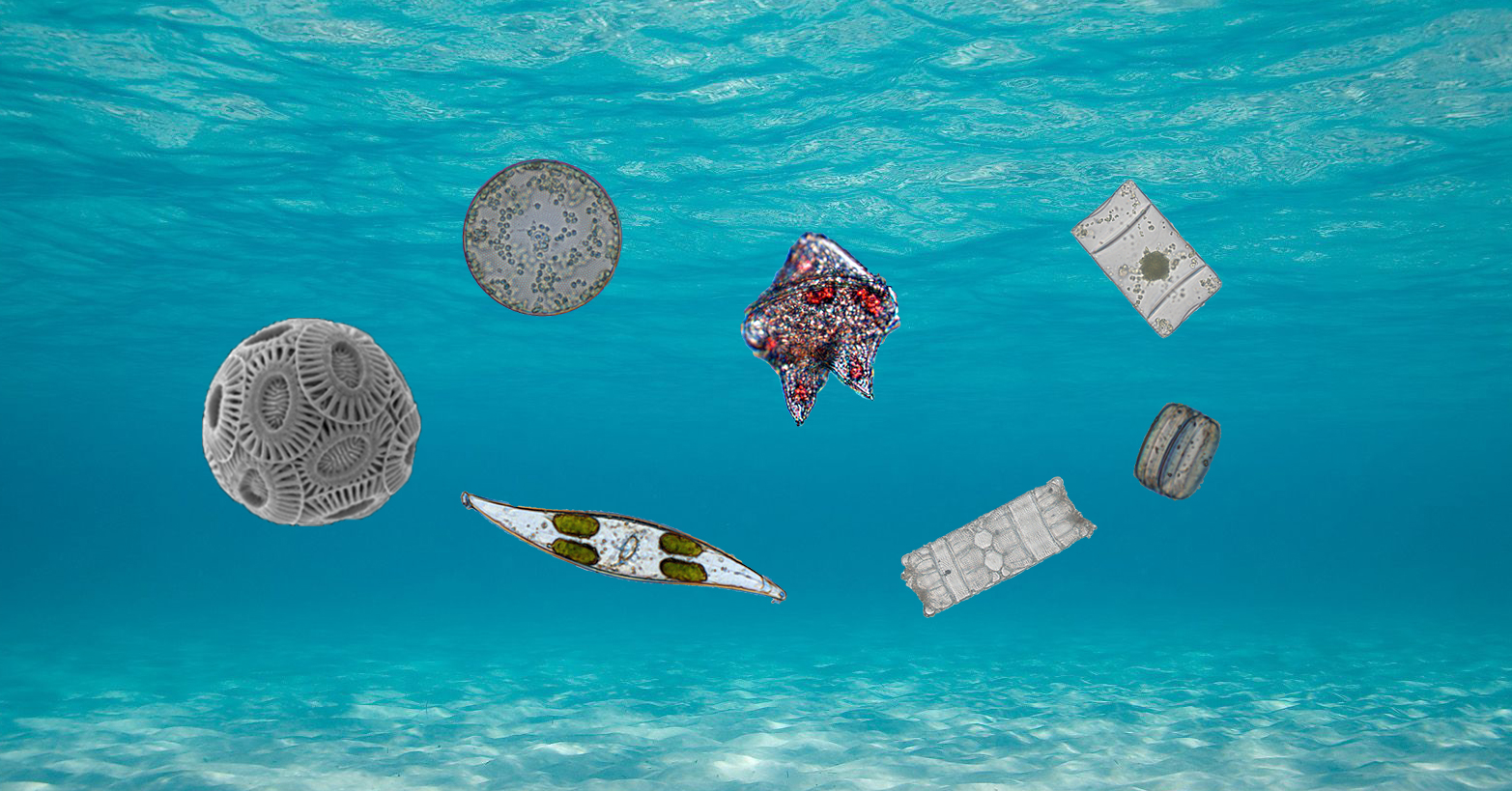Phytoplankton forms the basis of marine food chains and is an important producer of the oxygen we breathe. However, these tiny organisms usually attract public attention during marine blooms or when they produce biotoxins as secondary metabolites.
Diatoms of the genus Pseudo-nitzschia often dominate phytoplankton communities during blooms. These algae are being studied by our scientists because they can produce a neurotoxin, domoic acid, which eventually ends up in shellfish.
Eating such shellfish can cause serious health problems in humans, known as amnesic poisoning. Fortunately, no serious cases have been reported in Croatia so far.
It is of strategic importance to research and monitor phytoplankton, and our Laboratory for Plankton and Shellfish Toxicity, which operates within the Institute, is the national reference laboratory for the study of biotoxins in shellfish.
In the new study, conducted through continuous sampling from February 2022 to February 2024, Pseudo-nitzschia species were investigated along the central and southeastern Adriatic Sea in commercially important shellfish farming areas. Cell cultures isolated from the study areas were subjected to detailed morphological (electron microscope) and molecular (Sanger sequencing) analysis. This integrative approach led to the confirmation of eight Pseudo-nitzschia species.
Once again, we have successfully confirmed the value of a combined approach in the reliable identification of species, which represents an important step in the development of accurate and comprehensive genetic sequence databases. This success not only contributes to the improvement of identification methods, but also supports the further development of innovative techniques such as metabarcoding.
The study of Pseudo-nitzschia species is the result of the implementation of the PSEUODTOX project funded by the Croatian Science Foundation.

